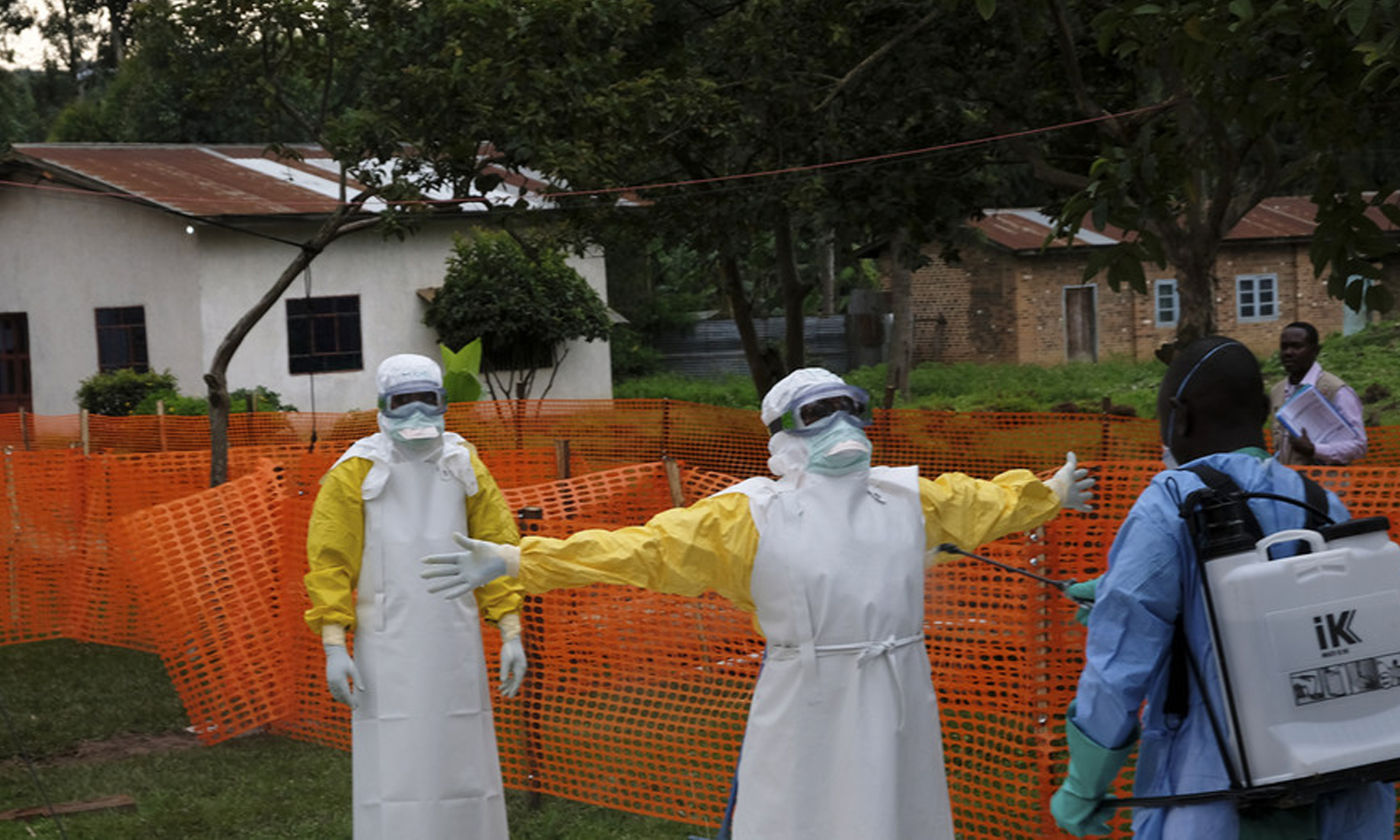KAMPALA, June 12 (NNN-AFRICANEWS) – A case of Ebola has been confirmed in Uganda, ten months after the deadly virus was confirmed in the Democratic Republic of Congo. The 5-year-old Congolese child, who entered Uganda on June 9 through Bwera Border post, is receiving care, the World Health Organization (WHO) said on Tuesday.
“This is the first confirmed case in Uganda during the Ebola outbreak on-going in neighbouring Democratic Republic of the Congo,” the WHO said in a statement.
The child’s family sought medical care at Kagando hospital and the child was transferred to Bwera Ebola Treatment Unit for management, the WHO said.
This is the first confirmed case in Uganda during the Ebola outbreak on-going in neighbouring Democratic Republic of the Congo.
“The confirmation was made today by the Uganda Virus Institute (UVRI) …contacts are being monitored,” WHO said.
How the Ebola victim came to Uganda
The boy was accompanied by his Ugandan father and Congolese mother, who had returned to Congo to nurse her father before he died of Ebola, Uganda’s Health Minister Jane Ruth Aceng told a news conference.
The family returned to Uganda with four other family members of Congolese origin, Aceng said. All the other Congolese family members are in isolation at Bwera Hospital. Two of them have already developed symptoms similar to those of Ebola and samples have been removed from them, Aceng said.
Results of tests are expected Wednesday. Eight more contacts are being followed up, Aceng said.
Aceng said the family entered Uganda on June 10, not 9. The reason for the discrepancy was not immediately clear and neither the WHO nor the government was reachable for clarification.
Ebola outbreaks in the region
Since the epidemic began in August in eastern Congo, the Congo health ministry said on Monday that it had recorded 2,062 cases, including 1,390 deaths.
Neighbouring Uganda has suffered regular outbreaks of Ebola and Marburg over the years, both high-fatality viral haemorrhagic fevers. Health facilities to treat the diseases are relatively robust.
A donor-supported laboratory in Entebbe, a lakeside town south of the capital Kampala, means Uganda typically confirms outbreaks much faster than many of its neighbours.
Preparing for possible cases of Ebola, Uganda has vaccinated nearly 4,700 health workers, disease monitoring has been intensified, special treatment units set up and health workers have been trained to recognize symptoms of the disease, WHO said.
Uganda’s worst Ebola outbreak was in 2000 when 425 people were infected. More than half of them died.
NNN-AFRICANEWS



